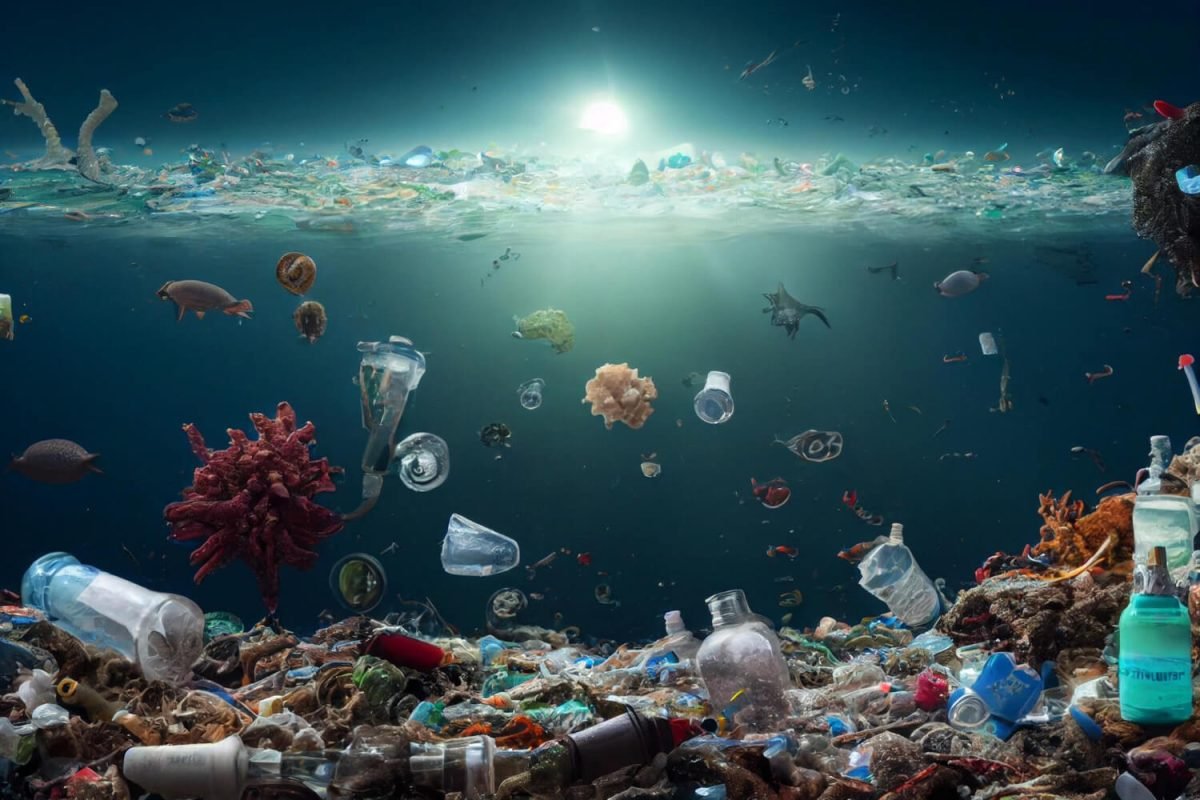Blog
Ocean Acidification: Global Warming’s Silent Killer of Marine Life
Ocean acidification is a silent killer of marine life caused by the increasing amount of carbon dioxide absorbed by sea water. Carbon dioxide reacts with water molecules, leading to the release of hydrogen ions and causing the ocean’s pH to decrease. This lowered pH level threatens the survival of marine organisms adapted to specific levels and bio-diverse waters. Coastal communities relying on marine resources also depend on the same resources threatened by ocean acidification. Immediate action is needed to combat this phenomenon that puts most of the ocean’s inhabitants at risk.
The Impact of Ocean Acidification
The following are the impacts of ocean acidification:
1. Coral Reefs and Marine Ecosystems
Coral reefs and other marine ecosystems support a wide variety of marine life, and numerous species that rely on them are threatened by ocean acidification. Even slight changes in pH levels can impede coral growth and dissolve shells of shell-forming organisms, impairing the food chain and causing imbalances that lead to the loss of diverse species.
2. Fishing and Aquaculture
Ocean acidification poses a severe threat to commercial and subsistence fishing industries. Reduction in the abundance and diversity of fish species can negatively impact local and global food security. Shellfish, for example, face severe acidification-related problems, particularly during their vulnerable early developmental stages, thus reducing local economies relying on commercial fishing and the supporting businesses.
3. Carbon Sink
The ocean serves as an essential carbon sink, absorbing heat and carbon dioxide from the atmosphere. However, ocean acidification makes it less effective in this role, which further exasperates global warming.
4. Coastal Communities
Coastal communities that depend on marine resources are among the most vulnerable to the impact of ocean acidification, as it could jeopardize local economies and food security. Areas relying on tourism, sport fishing and other recreational activities could also suffer economically if it continues to decline.
Addressing Ocean Acidification
The following measures must be taken to address ocean acidification:
- Reducing Carbon Emission: The most effective way to alleviate ocean acidification is by reducing greenhouse gas emissions from human activities. Carbon-reducing measures in the form of clean energy production, reducing deforestation, carbon capture and storage, and other innovative technologies all possess the potential to mitigate the carbon footprint.
- Improving Water Quality: Improved water quality is necessary to enhance the resiliency of marine ecosystems. This includes the responsible handling of pollutants and improving waste management policies on how they can affect the PH level of sea water.
- Adapting to Acidic Oceans: Communities that are at risk require help in adapting to the changing chemistry of the ocean, improving restoration efforts on affected ecosystems, and supporting marine conservation initiatives
- Managing Fisheries: Implementing measures such as intensive monitoring of key species, sustainable fishing restrictions, and minimizing other stresses, such as pollution, overfishing, and warming waters, can help protect fish stocks, improve the resilience of marine ecosystems, and safeguard the livelihoods of those reliant on the fishing industry.
Conclusion
Ocean acidification is an urgent global phenomenon resulting from human-caused climate change that negatively impacts marine life and marine-dependent communities. While mitigation of CO2 emissions is essential to slow and halt the acidification of oceans, restoration efforts, water quality, and fisheries management all need to be implemented together. Such measure implementation will help protect the planet for generations to come while providing economic benefits, food supplies, and sustaining diverse ecosystems.




